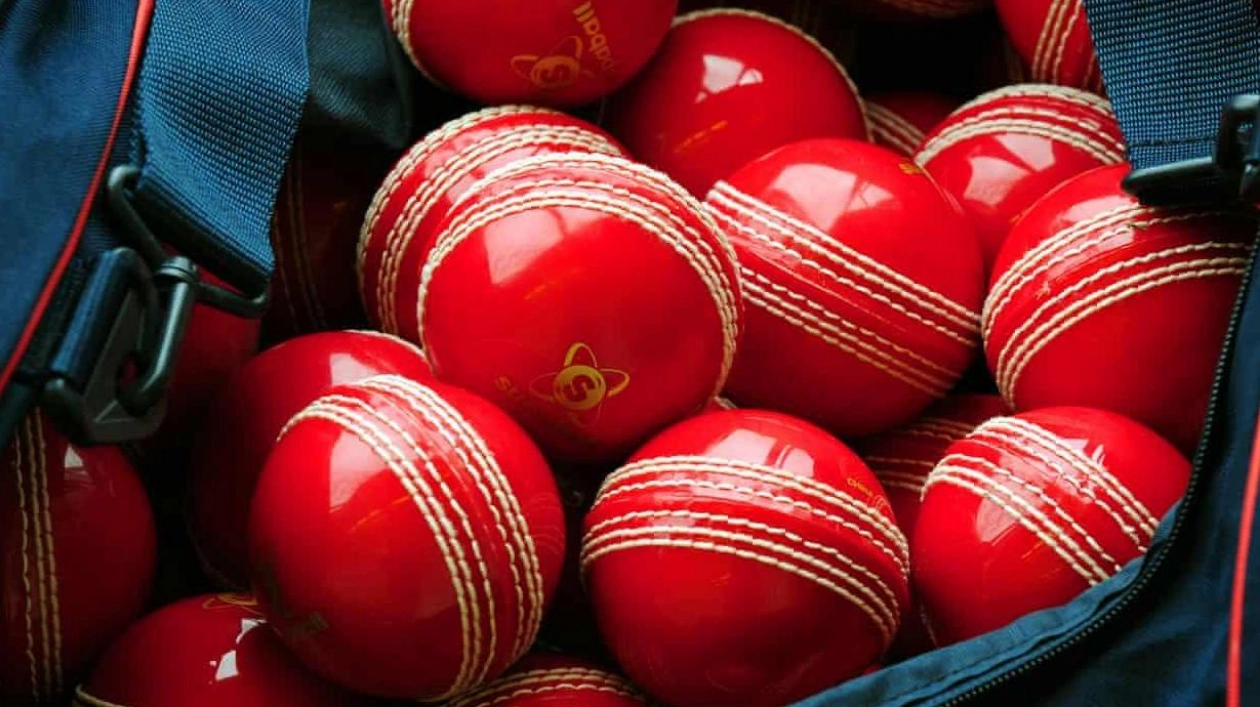Transgender women will not be allowed to participate in the top two tiers of the new women’s domestic structure or the women’s Hundred, according to an announcement by the England and Wales Cricket Board (ECB). This updated transgender policy aligns with the International Cricket Council’s decision last year, which prohibited anyone who has undergone male puberty from competing in women’s international games.
In banning transgender women from women’s professional domestic cricket, the ECB stated that it had consulted "relevant science and medical evidence" and considered "fairness, safety, and inclusion." However, the ECB confirmed that tier three of the new domestic system, set to launch next year, along with recreational cricket, will welcome individuals who identify with the gender they associate with. This comes with the condition of an existing 'disparity policy,' which applies to anyone with a significant strength, stamina, and/or physique advantage that could pose a safety or fairness issue.
A statement from the ECB, which will implement the new policy for the 2025 domestic season, noted: "Considerable time has been taken to reach this policy position." The ECB recognizes that transgender participation is a complex issue with many strongly held views and that it is impossible to balance all considerations. "We want everyone to feel included and welcome in our sport, and believe the position reached strikes an appropriate balance by ensuring fairness in the elite game while ensuring inclusivity at a recreational level, with specific safeguards in place to manage disparities and ensure safety."
Transgender athletes have been banned from elite women’s competitions in various sports, including swimming, cycling, athletics, rugby league, and rugby union. The ECB’s existing policy allowed anyone identifying as female to compete in professional club and England pathway teams, provided they had written clearance.
Dr. Seema Patel, an associate professor at Nottingham Law School, commented on the ECB’s update, stating: "Recognising the importance of participation at the community and grassroots level is incredibly positive." Patel, who was on the Cricket Discipline Commission panel that investigated the Yorkshire racism scandal, added: "Having extensively examined gender eligibility for 20 years, my research identifies that there is a trend towards ineligibility for trans female athletes competing in the female category, based upon notions of biological advantage, safety, and fairness." However, there is inconsistency in the application of this approach, and the long-term effectiveness of a ban is not yet clear. During the consultation processes adopted by governing bodies, there needs to be true engagement of a diverse range of views beyond the science community to determine rules. "It is important to set regulatory boundaries but these need to be considered alongside a shifting environment where gender diversity is embedded within our society and identity is evolving."






